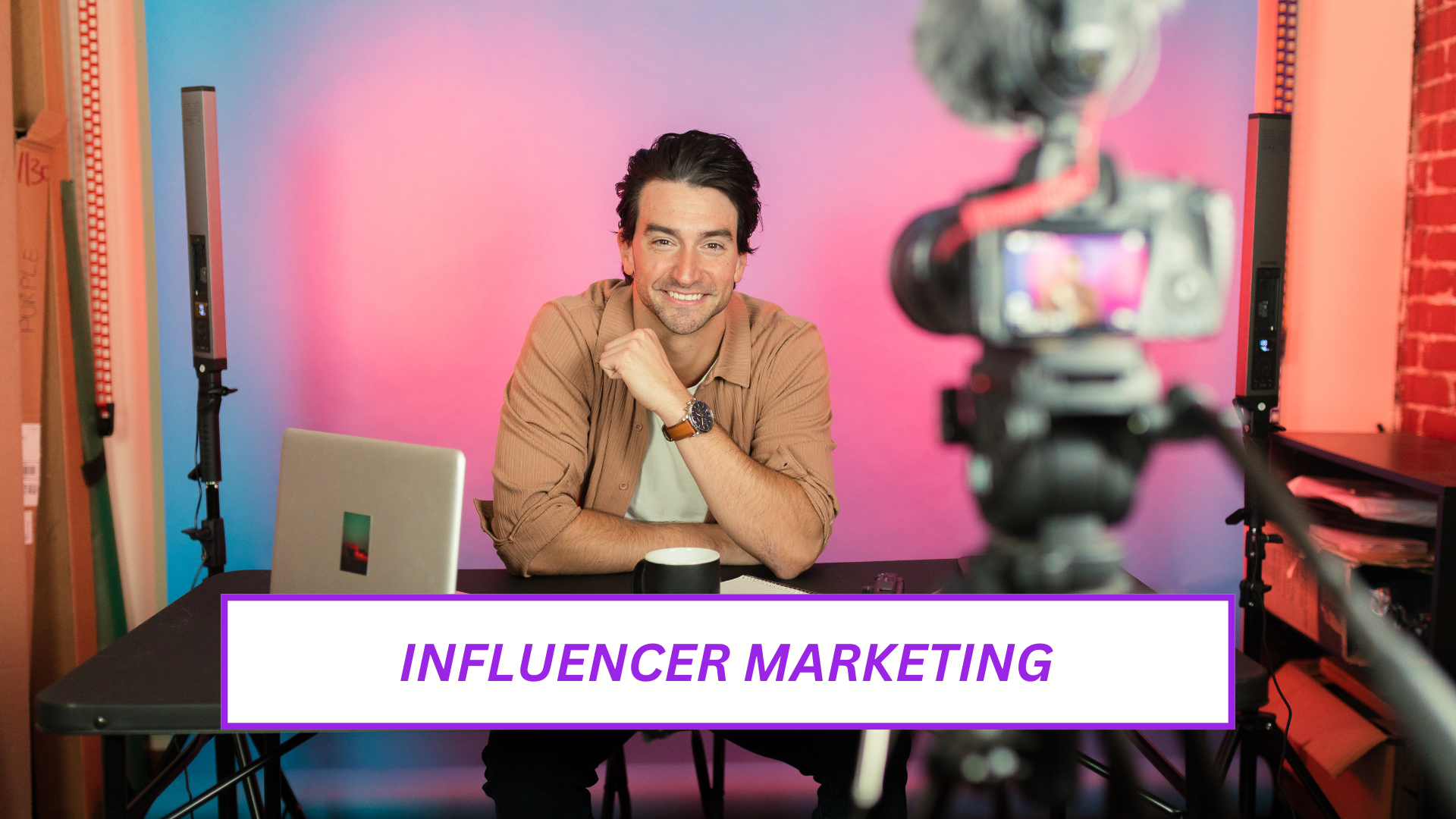A social media agency offers a range of services, including ongoing management, community support, ad campaigns, and more. It helps businesses generate leads and sales with social media marketing.
This means that by hiring a social media company, you can let the experts take care of marketing while focusing on what matters more – making your offers or business better. In this post, we’ll talk about the marketing workflows a social media agency handles and why you should hire one for your business. Let’s dive in.
Social Media Management
This is an ongoing process where the agency does everything from content creation and scheduling to analyzing your KPIs. Let’s dive into the details.
Content Ideation and Creation
A social media agency is typically responsible for coming up with new topics and creating content on those topics. Whether it’s Instagram captions or long-form LinkedIn posts, the agency helps you attract more leads with social media content marketing.
Scheduling and Automation
Another aspect of marketing a business can outsource to a social media agency is content scheduling and automation. Although most aspects of social media content marketing can be automated these days, thanks to tools like HootSuite and Later, businesses still need to oversee automation workflows and ensure their effectiveness.
You May Also Like: What Does a Social Media Influencer Do?
Community Management
If you have a social media page with even a few followers, you have a community of individuals with at least one similar interest. Community management is an aspect that requires a decent amount of time. If you neglect this aspect of your online presence, it can easily lead to lost leads and can even damage your reputation. To engage with existing customers and potential customers, brands, and businesses hire community managers or social media agencies.
Paid Social Advertising
It’s an art to grab people’s attention and make them listen to your message, especially with organic social marketing. Paid ads help businesses bypass the organic competition and get in front of their target customer almost instantly. However, you need to know the ins and outs of pay-per-click advertising to get the most out of your investment. Business owners mostly don’t have the time, energy, and experience to manage paid ads themselves, which is why they hire a professional social media agency. Here’s how a social media agency can help you grow on social media with ads.
Creating and Managing Ad Campaigns
If you aren’t already running a paid ads campaign on any social platform, your agency will help you start from scratch. They can help you find the right ad platform and run a profitable ad campaign. In addition to managing your ad campaigns, they should also keep you in the loop about your progress and ROIs.
Related: How to Hire a Pinterest Virtual Assistant?
Testing, Tracking, and Optimization
When it comes to identifying the best way forward for your ad campaigns, testing is the name of the game. A social media agency makes sure you’re investing in all the right places to help you achieve the maximum return on ad spend (ROAS).
Video Marketing
According to data, 91% of businesses now leverage video as a marketing tool.
Video content is loved by people of all ages, but that doesn’t mean all types of videos perform good, especially when you’re promoting a service or product. A social media agency creates and optimizes your videos from every aspect to make sure they resonate with your audience.
This includes YouTube long-form videos where you take a deeper dive into your topics. Social media platforms like Instagram and TikTok let businesses create short-form, vertical videos; perfect for grabbing attention and driving traffic to your website or landing page.
Influencer Marketing
This is where you eliminate the need to build an audience from scratch and get your message across to a wide pool of potential customers. Influencer marketing is all about working with the right influencers, monitoring your campaigns, and identifying long-term partnerships. The entire process requires constant communication and a deep understanding of the social platforms you want to work on. A social media agency handles everything from identifying the right platforms to reaching out to the right influencers to optimizing your campaigns for maximum impact.
Related: Freelance vs. In-House (What’s the Best Way to Hire?)
Tracking and Reporting
One of the most important aspects of every marketing campaign is tracking. Without effective tracking, there’s no way for a business to know whether their marketing efforts are generating the desired results or are going to waste. A social media marketing company will identify your key performance indicators (KPIs) and track them to make sure you’re moving in the right direction. They should provide you with a detailed report to help you understand the growth trajectory and make informed decisions.
What Does a Social Media Agency Do: FAQs
Let’s briefly discuss some frequently asked questions about the role of a social media agency.
What is the Role of a Social Media Agency?
A social media agency manages your online presence. They create and schedule content, run ads, engage with your community, and analyze & optimize performance for maximum ROI.
Is a Social Media Agency Worth It?
Yes, a social media agency handles the creative, time-intensive, and other aspects of your social media strategy, allowing you to work on tasks that require your attention. The right social media agency will help you boost your ROI in the long run.
Why Should I Hire a Social Media Agency?
Good social media agencies have a team of experts who understand the ins and outs of social platforms and can help your business grow with minimal investment. By working with an agency, you maximize your chances of success with social marketing.
Conclusion
A social media agency can have a variety of roles, depending on their client’s goals, niche, budget, and audience. For instance, your goal may be just to build a targeted community, such as a Facebook group, around your brand. Or, maybe you want to work with an agency that can help you generate more traffic to your landing pages. Generally, a social media agency offers content creation, ad management, performance tracking, and in-depth progress reports. However, hiring an agency is only a good idea when you have a product or service to sell. When your basics are covered, an agency can help you sell more of whatever you’re trying to sell.
Related: What Does a Social Media Intern Do?



















